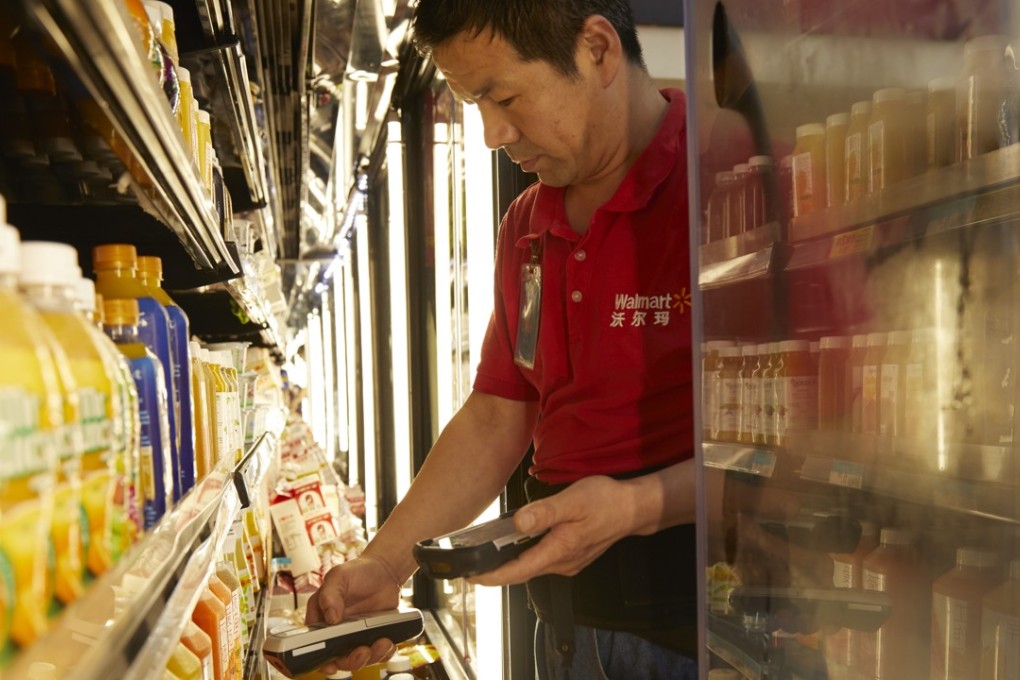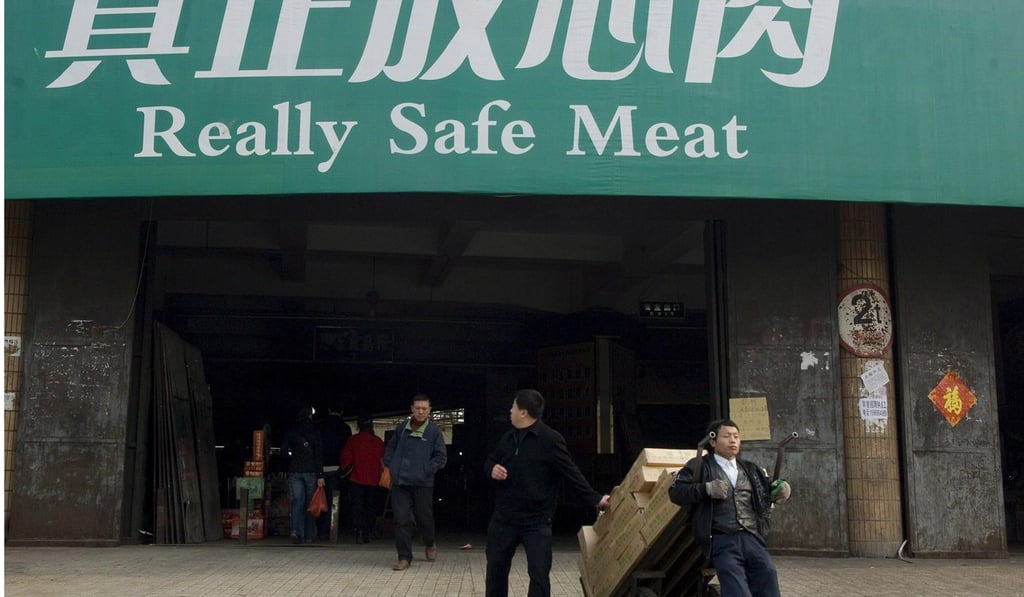Here’s a peek at Walmart’s game-changing plan to trace food from China’s farms to store shelves
Scheme is a game changer to tackle food safety challenges in China, say officials

Armed with little more than their smartphones, Chinese shoppers may soon be able to trace the entire supply chain of the food they buy, from farm to store, by simply scanning quick-response codes, thanks to a blockchain technology-enabled food traceability solutions being developed by Walmart, the world’s largest retailer.
The company has a 400-strong network of stores across the mainland, is “in active conversation to accelerate the progress” of using blockchain – the technology behind bitcoin – to trace the genuine origins of its food products after holding a successful pilot project in the country, said Frank Yiannas, Walmart’s vice-president for food safety.

“Blockchain technology is a game changer in the food industry and China is probably the place to scale its adoption as the Chinese government is already interested in tracing (the supply chain of food) and Chinese consumers are so tech-savvy,” Yiannas told South China Morning Post at a forum in Beijing celebrating the first anniversary of Walmart “Food Safety Collaboration Center” in the country.
Walmart launched the food quality collaboration a year ago, promising to invest US$25 million by 2020 to encourage technological innovation in Chinese food safety.
Chinese shoppers remain sceptical of the quality of domestic food products, after various food-related scandals, such as one involving baby milk formula tainted with industrial chemical melamine, dominated headlines for weeks a couple of years back.